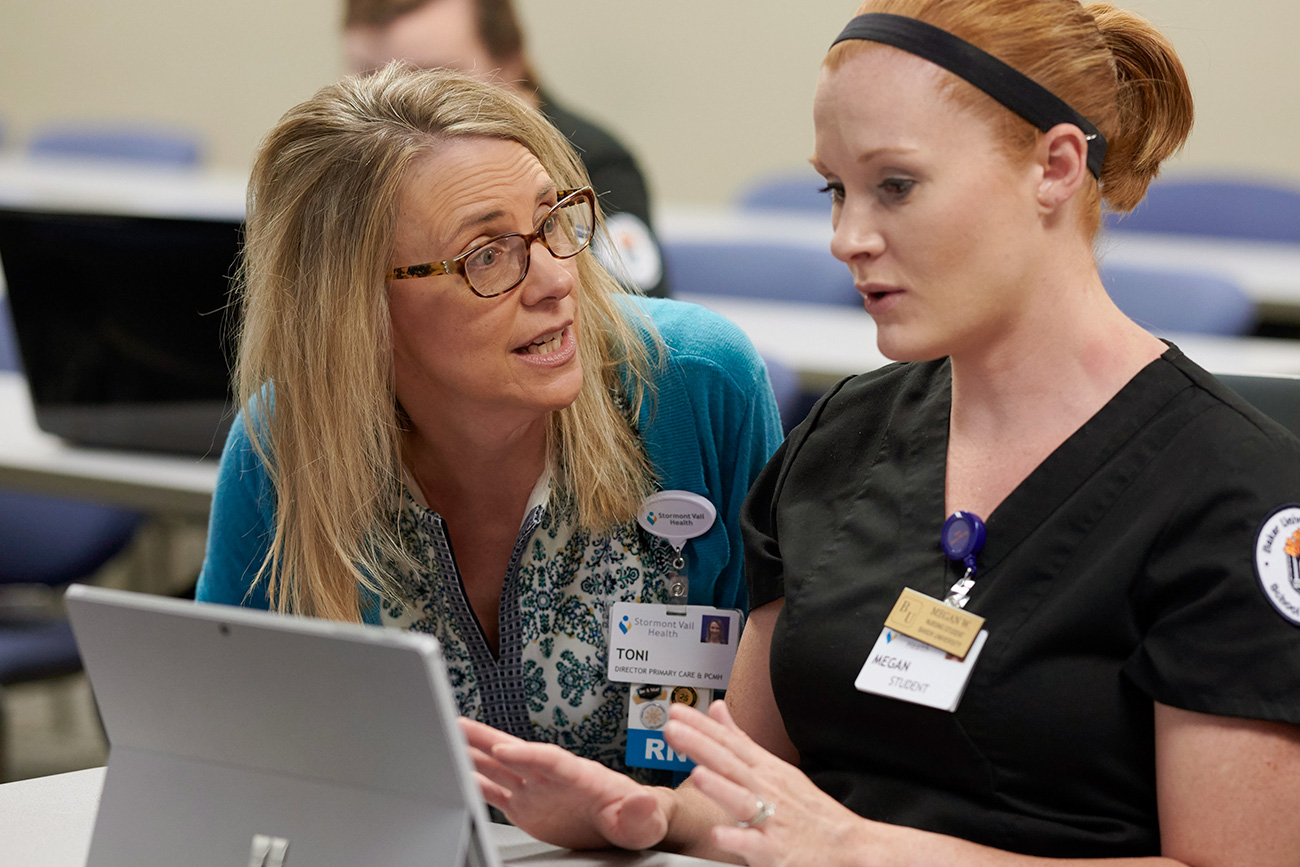NU 510 Applied Theories for Advancing Quality Care
Concepts, theories, and principles from nursing and related disciplines are examined. Interrelationships among nursing theory, research, and practice are emphasized. Theories are applied to nursing practice, education, and administration. (3 credits)
NU 520 Role Development for Advanced Leadership
This course prepares the student to lead interdisciplinary teams. Organizational structure, complexity science, and systems analysis, group role theory, communication, conflict resolution, and change process will be emphasized. (3 credits)
NU 530 Health Care Ethical & Legal Considerations
This course focuses on the ethical values, codes, principles, and frameworks that guide the practice of nursing. The content will take an interdisciplinary focus as ethical and legal decision making at this level rarely is the decision of a single discipline. Concepts related to health care access, quality of life, cost containment, national health policy, and the rights of patients will be analyzed from a variety of perspectives and depths in an effort to more broadly and more profoundly address the moral difficulties that health care providers in an interdisciplinary environment are likely to encounter. Various ethical decision-making models are compared and applied to case scenarios. (3 credits)
NU 540 Quality Improvement & Informatics Applications
The focus of this course is to prepare the student to identify, collect, process, and manage data and information to support programs that are relevant to nursing practice in selected environments. Major emphasis is on the design of measurable outcomes as well as critique of tools and systems to establish, evaluate, and promote best practices. (2 credits)
NU 550 Health Care Policy
This course provides a framework for analysis of the evolving U.S. health care system and the nurses’ role in shaping health care policy. The effects of social, political, organizational, cultural, economic, and historical forces are explored. Current trends related to regulation, cost, quality, and access are analyzed, with particular emphasis on the complexities and inherent counter purposes of commerce and ethical obligations manifested in health care. (3 credits)
NU 560 Epidemiology
The focus of this course is on the examination and application of statistical methods, research designs, and epidemiologic principles used in health care research. Concepts related to health and disease, burden of illness, vulnerable populations and cultural diversity are addressed. Interdisciplinary practice and ethical considerations in health care are explored. (3 credits)
NU 570 Research, Foundations for Evidence-Based Practice
This course focuses on the principles and methods of quantitative and qualitative research as applied to nursing and the ethical implications inherent in conducting research. The steps of the research process are critically examined. Skills and competencies in informatics, research design and statistical analysis are enhanced. A research proposal is developed. The vital role of research in evidence-based practice, quality management, and outcomes evaluation is explored. The foundation for an EBP project is established. (3 credits)
NU 580 Advanced Pathophysiology/Pharmacology
This course is an integrated examination of common and important pathophysiology relevant to practice because of their prevalence and impact on the health care system and health of the nation. Content is organized around disease processes that have either high volume or high impact in care management. The student will examine associated pharmacological treatments and the social and environmental impacts of the pathologies. The role of pharmacogenomics will be explored in the prevention and treatment of pathologies. (4 credits)
NU 585 Advanced Health Assessment
This course affords the student with the opportunity to increase knowledge and expertise in the acquisition of advanced clinical skills in assessing and maintaining the health of individuals across the life span. The course will incorporate assessments that include social structures, family history, and environmental situations. Prerequisite or concurrent: NU 580. (3 credits)
NU 590 Transitional Care Practicum
This clinical practicum with seminars provides the student with the opportunity to apply core concepts to a selected health care area. The student will be expected to incorporate the principles of transitional care. This practicum includes, but is not limited to, engaging client and caregiver, managing symptoms, educating and promoting self-management, collaborating, assuring continuity, coordinating care, maintaining relationships, and screening. Prerequisite: The equivalent of one year of full-time clinical experience (or 1872 hours) as a registered nurse. (3 credits)
NU 680 Scholarly Synthesis Project
This scholarly project provides students with the opportunity to complete a culminating, synthesis component of their graduate education. This project affords students the occasion to present evidence of critical thinking, the ability to integrate information, to demonstrate an understanding of research processes, and finally the dissemination of information. Required course in the MSN graduate program. Prerequisite: MA 500 Statistics & Analysis or equivalent and NU 570 Research, Foundation for Evidence-Based Practice. Must show continuous enrollment in this course until successful project completion. There is a maximum of 3 credit hours. (1 credit)


